|
Ghosh Yoga Teacher Training is four weeks long without stopping. Each day we arise early to do pranayama (breathing) practice, and the day is filled with lecture, discussion, practice and teaching. It is an all-consuming, immersive experience, and it is intended to be that way.
We believe in the immersive approach as opposed to the more sparse (and, admittedly, convenient) approach of weekends or short sessions. The mind is driven by habits, and the strongest habits we have are what we call everyday life. This includes when we get up, what we eat, where we go, what we do, and most importantly, what we think. Yoga practice is above all things a reconfiguring of the habits of the mind. So if we were to spend a day or two in practice and study only to be followed by an entire week of our usual daily habits, the progress made in practice would be undone. The best way to make lasting change in the mind is to undertake new habits for long enough that they stick. Inevitably, we come face to face with our habits after about a week of committed practice. The body and mind resist the transformation, seeking their old, comfortable ways. We feel exhausted and at the end of our rope. But when we persist through this stage, the mind begins to relinquish its old habits and identities. This is when yogis talk about finding "new reservoirs of strength" or "powers I didn't even know I had." In the simplest terms, this is the mind becoming willing to change, especially in terms of who we think we are. Many yoga schools offer the convenience of weekend trainings or a few days per month. There is value in these because they allow people to learn and study while still tending to the necessities of daily life like work and family. But we are firm believers that the practice of yoga is one of recognizing the habits of the mind on the way to changing them. For this to occur, we need to spend significant time committed to practice and study, until our ingrained mental ruts reveal themselves.
0 Comments
Leave a Reply. |
AUTHORSScott & Ida are Yoga Acharyas (Masters of Yoga). They are scholars as well as practitioners of yogic postures, breath control and meditation. They are the head teachers of Ghosh Yoga.
POPULAR- The 113 Postures of Ghosh Yoga
- Make the Hamstrings Strong, Not Long - Understanding Chair Posture - Lock the Knee History - It Doesn't Matter If Your Head Is On Your Knee - Bow Pose (Dhanurasana) - 5 Reasons To Backbend - Origins of Standing Bow - The Traditional Yoga In Bikram's Class - What About the Women?! - Through Bishnu's Eyes - Why Teaching Is Not a Personal Practice Categories
All
Archives
May 2024
|

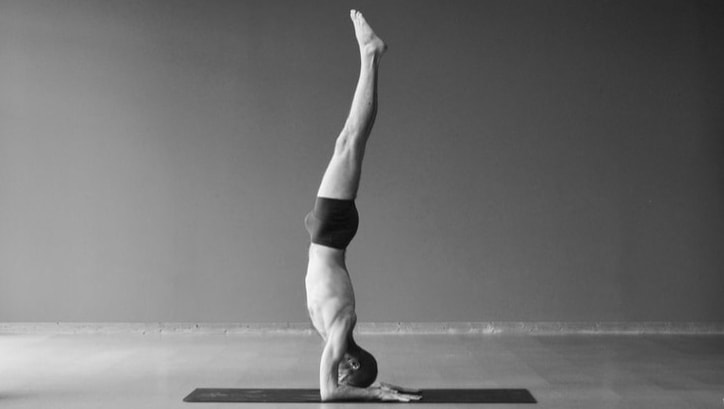
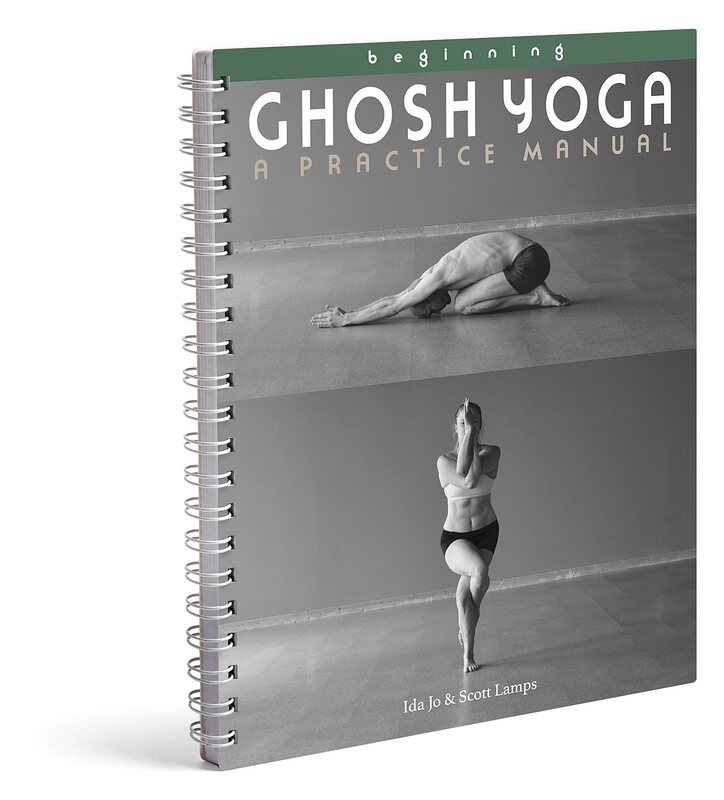
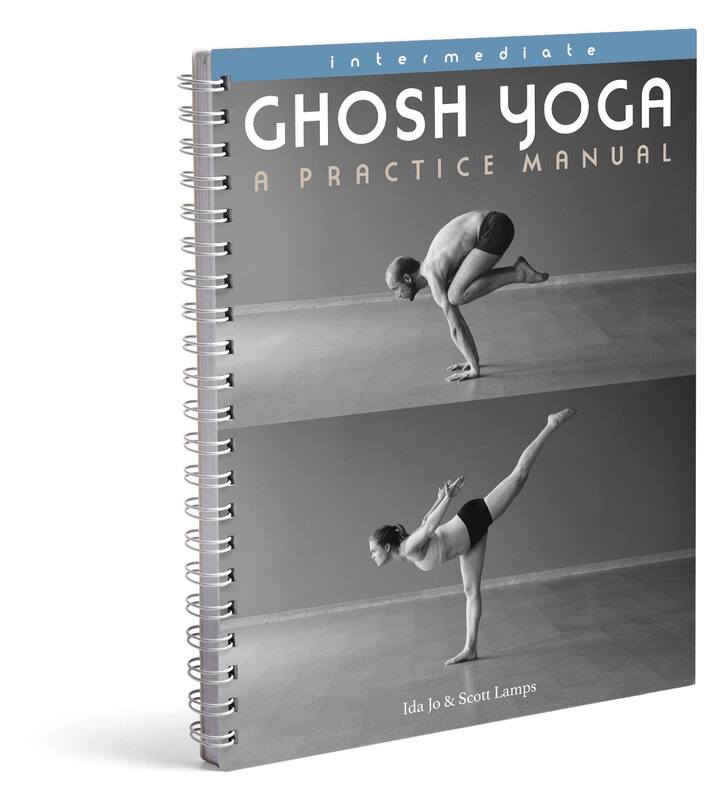
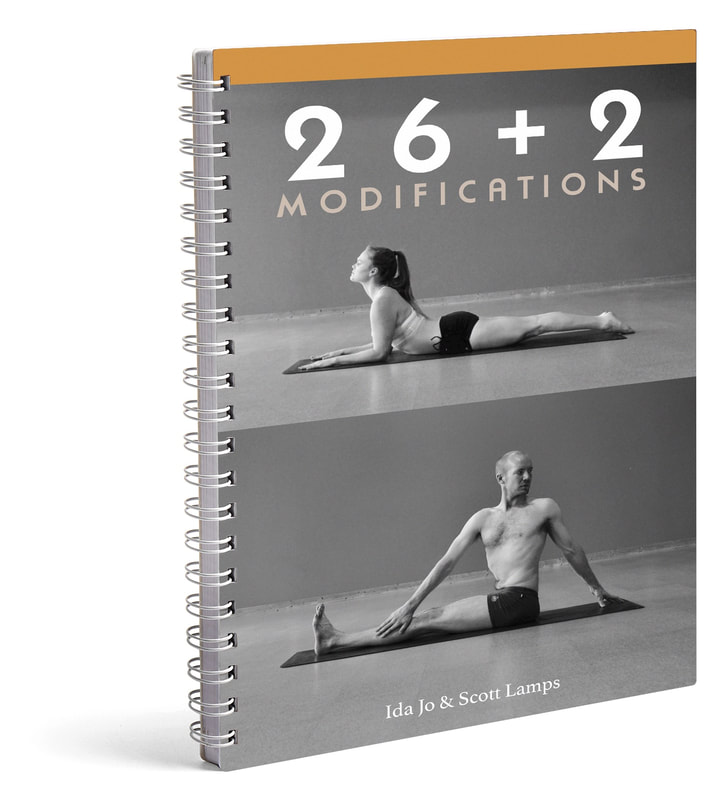

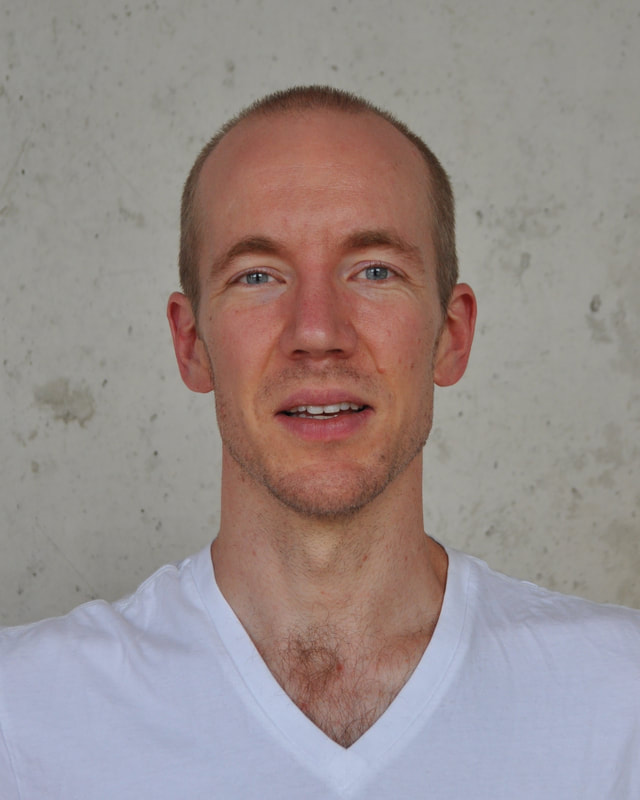
 RSS Feed
RSS Feed